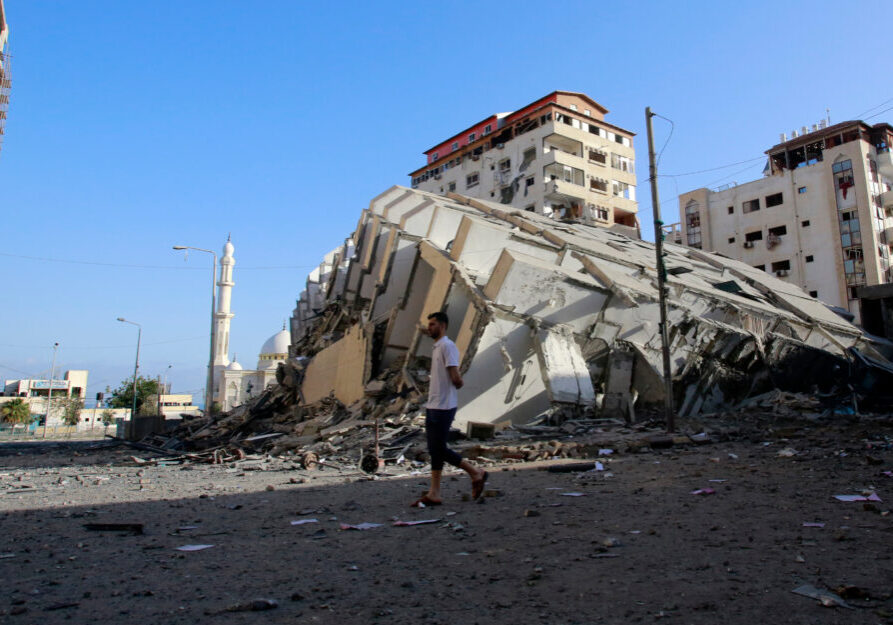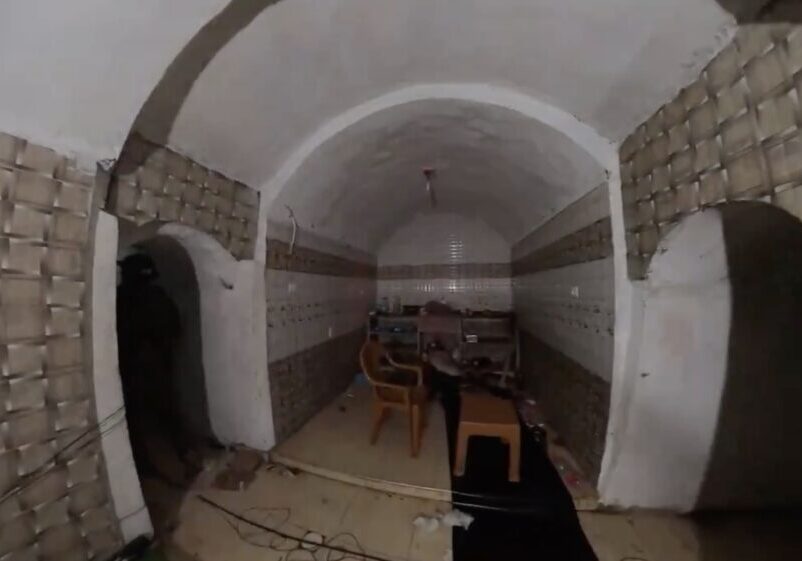Australia/Israel Review
French Revolution?
Jun 1, 2007 | Raanan Eliaz
By Raanan Eliaz
In an interview Nicolas Sarkozy gave in 2004, he expressed an extraordinary understanding of the need of the Jewish people for a home; “Should I remind you the visceral attachment of every Jew to Israel, as a second mother homeland? There is nothing outrageous about it. Every Jew carries within him a fear passed down through generations, and he knows that if one day he will not feel safe in his country, there will always be a place that would welcome him. And this is Israel.”
Sarkozy’s sympathy and understanding is most probably a product of his upbringing; it is well known that Sarkozy’s mother was born to the Mallah family, one of the oldest Jewish families of Salonika, Greece.
In the 15th century, the Mallah family (Hebrew for messenger or angel) escaped the Spanish Inquisition to Provence, France and moved about one hundred years later to Salonika. In Greece, several family members became prominent Zionist leaders, active in the local and national political, economic, social and cultural life. To this day, many Mallahs are still active Zionists around the world.
In 1917 a great fire destroyed parts of Salonika and damaged the family estate. Many Jewish-owned properties, including the Mallahs’, were expropriated by the Greek Government. Jews emigrated from Greece and much of the Mallah family left Salonika for France, America and Israel. Sarkozy’s grandfather, Beniko, immigrated to France, converted to Catholicism and changed his name to Benedict in order to marry a French Christian girl named Adèle Bouvier.
Adèle and Benedict had two daughters, Susanne and Andrée. Although Benedict integrated fully into French society, he remained close to his Jewish family, origin and culture. Knowing he was still considered Jewish by blood, during World War II he and his family hid in Marcillac la Croisille in the Corrèze region of western France.
During the Holocaust, many of the Mallahs who stayed in Salonika or moved to France were deported to concentration and extermination camps. In total, 57 family members were murdered by the Nazis.
In 1950 Benedict’s daughter, Andrée Mallah, married Pal Nagy Bosca y Sarkozy, a descendant of a Hungarian aristocratic family. The couple had three sons – Guillaume, Nicolas and François. They divorced in 1960, so Andrée raised her three boys close to their grandfather, Benedict. Nicolas was especially close to Benedict, who was like a father to him. In his biography Sarkozy tells he admired his grandfather, and spent hours listening to his stories of the Nazi occupation, the “Maquis” (French resistance), de Gaulle and D-day.
Sarkozy’s family lived in Paris until Benedict’s death in 1972, at which point they moved to Neuilly-sur-Seine. Nicolas had to sell flowers and ice cream in order to pay for his studies. However, his fascination with politics led him to become the city’s youngest mayor and to rise to the top of French and world politics.
It may be a leap to consider that Sarkozy’s Jewish ancestry may have any bearing on his policies vis-à-vis Israel. However, many expect Sarkozy’s presidency to bring a dramatic change not only in France’s domestic affairs, but also in the country’s foreign policy in the Middle East. One cannot overestimate the magnitude of the election of the first French president born after World War II, whose politics seem to represent a new dynamic after decades of the old-guard – Chirac and Mitterrand. There is reason to believe that Sarkozy, often mocked as “the American friend” and accused of ‘ultra-liberal’ worldviews, will lean towards a more Atlanticist policy. Nevertheless, there are several reasons that expectations of a drastic change in the country’s Middle East policy, or foreign policy in general, should be downplayed.
First, one must bear in mind that France’s new president will spend the lion’s share of his time dealing with domestic issues such as the country’s stagnant economy, its social cohesiveness and the rising integration-related crime rate. When he finds time to deal with foreign affairs, Sarkozy will have to devote most of his energy to protecting France’s standing in an evolving European Union. In his dealings with the US, Sarkozy will most likely prefer to engage on less explosive agenda items than the Middle East.
Second, France’s foreign policy stems from the nation’s interests, rooted in reality and influenced by a range of historic, political, strategic and economic considerations. Sarkozy’s arrival at the Elysée on May 16 will not change those.
The third reason why expectations for a drastic change in France’s position in the Middle-East may be naïve is the significant weight the French Ministry of Foreign Affairs exerts over the country’s policies and agenda. There, non-elected bureaucrats tend to retain an image of Israel as a destabilising element in the Middle-East. Few civil servants in Quai d’Orsay would consider risking France’s interests or increasing chances for “a clash of civilisations” in order to help troubled Israel or Palestine to reach peace.
It is a fair to predict that France will stay consistent in supporting the establishment of a viable Palestinian state with East Jerusalem as its capital, existing side by side with a peaceful Israel. How to get there, if at all, will not be set by Sarkozy but rather he will follow the leadership of the US and the EU. Not much new policy is expected regarding Iran, on which Sarkozy has already voiced willingness to allow development of civilian nuclear capabilities, alongside tighter sanctions on any developments with military potency.
Despite the above, although Sarkozy’s family roots will not bring France closer to Israel, the President’s personal Israeli friends may. As Minister of the Interior, Sarkozy shared much common policy ground with former Israeli Prime Minister Benjamin Netanyahu. The two started to develop a close friendship not long ago and it is easy to observe similarities not only in their ideology and politics, but also in their public image. If Netanyahu returns to Israel’s prime ministership it will be interesting to see whether their personal dynamic will lead to a fresh start for Israel and France, and a more constructive European role in the region.
![]()
Raanan Eliaz is a former director at the Israeli National Security Council and the Hudson Institute, Washington DC. He is currently a PhD candidate at the Catholic University of Leuven, Belgium, and a consultant on European-Israeli Affairs. © European Jewish Press, reprinted by permission, all rights reserved.
Tags: Europe






